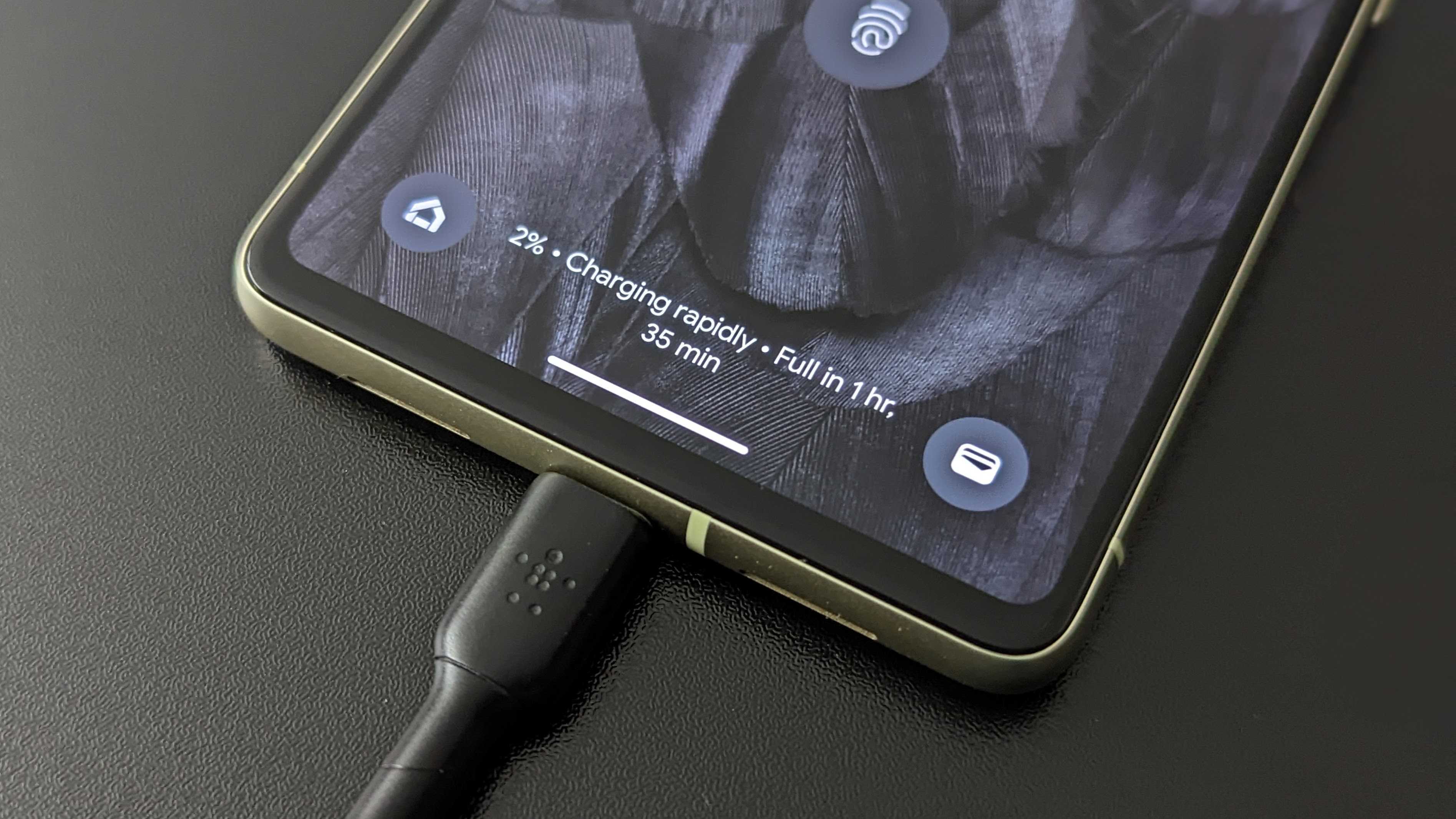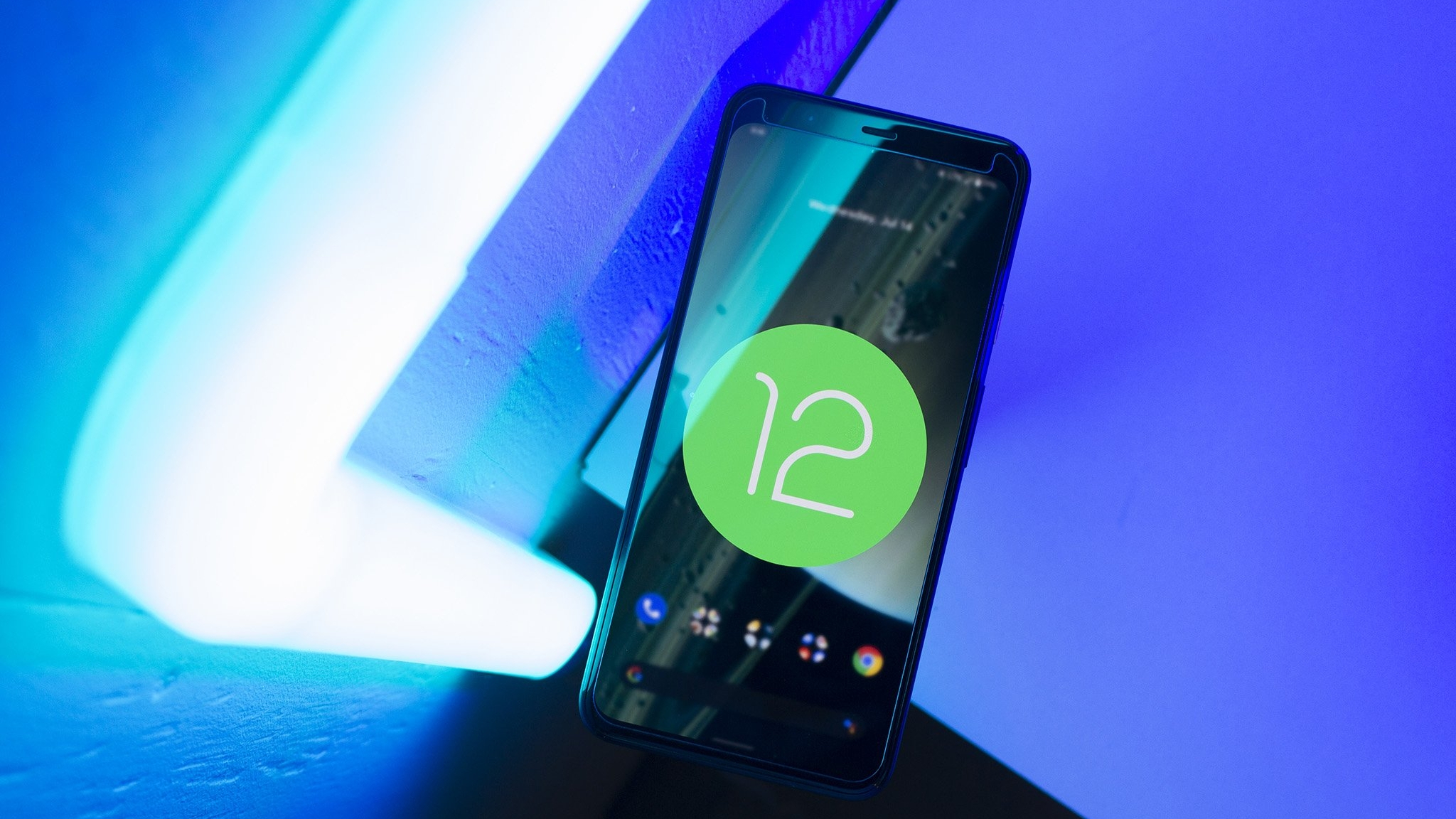Apple exec confirms move to USB-C for future iPhone
Apple executive Greg Joswiak would rather have things done differently.

What you need to know
- Apple's SVP of Marketing Greg Joswiak confirms the iPhone will move to USB-C.
- This follows an order given by the European Parliament which states all devices in the EU must contain a USB-C charging port.
- While Joswiak is not entirely okay with a government being "prescriptive," Apple will comply.
An Apple executive sheds some light on the new order brought down by the European Parliament on USB-C and what it means for the iPhone.
In a chat with the Wall Street Journal's Joanna Stern, Apple's SVP of Marketing Greg Joswiak confirmed the move to USB-C for the popular iPhone series. In his speech about the decision, Joswiak said, "We will have to comply [with the EU's law]... but it would have been better to not have a government be that prescriptive."
About last night... Apple confirms on stage to me that the iPhone will move to USB-C."We will have to comply [with the EU's law]... but it would have been better to not have a government be that prescriptive," said @gregjoz. https://t.co/IkEY5Bkeo8October 26, 2022
Earlier in the conversation, Joswiak said he was fine with cooperating with governments whenever they wanted to accomplish something with technology. He promptly used the example of bringing better hearing aid compatibility to phones for those with hearing disabilities.
Greg Joswiak then brought up a time when he thought things were in a good place when the EU brought up the question of why consumers should need to buy multiple power adapters. With that, Apple came with adapters featuring detachable cables so people could "choose the cable that was appropriate for their device."
However, through their disagreements, the SVP of Marketing for Apple is still not entirely okay with the idea of a government strictly deciding what tech should be like or do.
The EU voted in favor of making USB-C a requirement on all tech which includes the iPhone, earlier this month. This will essentially be the end of Apple's fabled lightning cable, which is prominently featured on its vast line of iPhones to Macbooks.
The European Parliament has stated that tech companies will be required to produce devices containing a USB-C charging port by the end of 2024. This includes tablets, phones, and cameras sold within the EU, with the policy expanding to laptops by the end of 2026.
Be an expert in 5 minutes
Get the latest news from Android Central, your trusted companion in the world of Android
One way Apple could avoid this is by not having a charging port at all, given the speculation that Apple could take the iPhone in a portless direction. This would effectively turn consumers toward the wireless charging route instead of even needing to think about a cable to plug the phone into. However, it's expected this could happen after the iPhone 15.
Many Android phone owners are already used to having phone after phone sporting USB-C charging ports. This allows them to not have to ditch their previous cable and buy a new one with each device, although OEMs provide one anyway, opting to forgo the power adapter instead. With so many cables comes e-waste, a problem the EU is looking to clamp down on with this new order. Parliament also estimates that this policy could save its residents around €250 million a year.

Nickolas is always excited about tech and getting his hands on it. Writing for him can vary from delivering the latest tech story to scribbling in his journal. When Nickolas isn't hitting a story, he's often grinding away at a game or chilling with a book in his hand.
